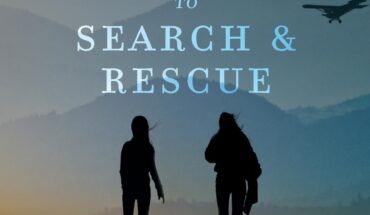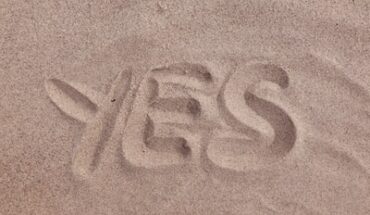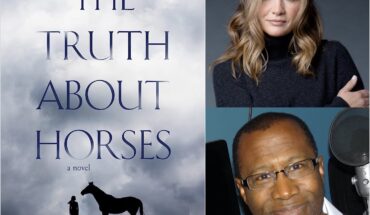 Here in Boston, GrubStreet’s Muse and the Marketplace conference is about to begin. I look forward to the Muse every year. What could be more fun? It’s like day camp for writers. Conferences are amazing places where writers can recharge, learn craft, make connections and get inspired.
Here in Boston, GrubStreet’s Muse and the Marketplace conference is about to begin. I look forward to the Muse every year. What could be more fun? It’s like day camp for writers. Conferences are amazing places where writers can recharge, learn craft, make connections and get inspired.
There is a ton of good advice out there about how to prepare for a writers’ conference in the weeks leading up to the event, so I am assuming that you have already ordered your business cards, picked out your workshops, had your hair trimmed and have polished your first couple of chapters until they gleamed. Here are some last-minute tips to help you get the most out of your conference.
What to wear
Look professional, or at the minimum, look tidy. Look like you care! But most importantly, dress in layers. Writers’ conferences are often held in hotels. One workshop room could be blazing hot, while the other just had its AC fixed and is an icebox. Also, keep in mind that you want to look professional no matter what layer you have on. That cashmere sweater may look elegant, but if underneath that sweater is your lucky sweat-stained Siouxsie and the Banshees T-shirt from their 1984 tour, I will guarantee that you will introduced to your dream agent in a boiling hot room.
What to bring
Bring cash. For cocktail hour, which I encourage you to go to even if you are shy or you don’t drink. I’ve made many friends at cocktail hour. I once met a writer from People Magazine who told me about a story she was working on which still haunts me to this day.
Bring a book bag. I know, you have a TBR stack that is as high as your sixteen year old. Who plays basketball. You promised yourself you wouldn’t bring home any books. I hear you. But I have to tell you, the chances are high that you will attend a workshop led by an amazing author, and you will leave wanting to support them and their work, and you will travel downstairs to the book seller’s table, and…look, it’s such a pain to juggle your notebook, the eight books you just bought, your cashmere sweater, your business cards, all the workshop handouts, etc. Just bring the book bag. A big one.
What to do
This is probably the best advice I have to offer, and that is to BE THE GUINEA PIG! In many workshops the leader will ask for an example to work with–It might be a first line, or a first page, or a pitch. Raise your hand. I will tell you right up front that YES, it is scary, and YES, you may leave the room with your cheeks burning, and need to spend the next workshop hour hiding in the handicapped stall of the ladies room until your tears dry up, but I am here to tell you it is worth it. By being the example, you are basically getting a free consultation with a professional you may never have access to otherwise. And you will learn what you need to work on. A panel universally rejected my novel’s opening during a first page contest. It stung like crazy, but I listened, rewrote those pages, and went on to win the same contest the following year. You don’t need a thick skin to be the guinea pig. In fact, having thin skin just means you will absorb the information you need more quickly.
What not to do
One of the best things about attending a conference is that you get to reconnect with a lot of writer friends, especially if you go to the same conference every year. It can be tempting to plan up all of your time meeting people for drinks and lunch, but I strongly urge you to leave some of the social time open. I always try to sit at a table where I do not know anyone for a meal or two. This leaves you open to make new connections. You never know—the person to the left of you may write in your genre, or be represented by your dream agent, or may be married to a man who is a barber, and your main character is a barber, and you’ve been dying to talk to someone who has shaved a man’s throat with a straight razor. Leave some time open for surprises.
Another thing not to do—don’t feel obligated to attend every workshop you signed up for. If there is a time slot where nothing is grabbing you, or if you get to a class and realize your brain has reached maximum capacity, take care of yourself and take a break. Grab a coffee, browse the book table when it’s not crowded, or take a walk outside. If you are at the Muse I highly recommend walking though the Public Garden eating chocolate soft-serve in a cone. No matter how you spend the time, it won’t be wasted. You will end up enjoying the rest of the conference so much more if you give yourself time to digest what you have taken in.
Last piece of advice
Sometime during the conference—at a meal, or at the keynote address, stand in the back of the room and look around. All of these hundreds of people are writers. They love words and they love stories and they share your dreams. They are your people! How cool is it to be among so many people who share your same passion? Draw in some of that energy to sustain you when you are back home, alone with your laptop. You are a part of an inspiring, creative community. Getting to experience that is one of the best things you can get out of a writers’ conference. Savor it.




2 comments